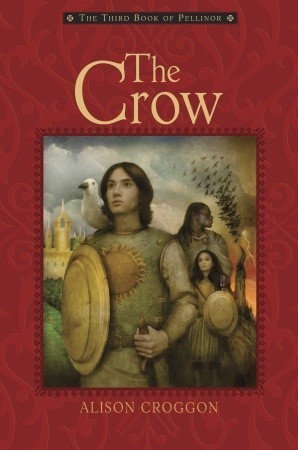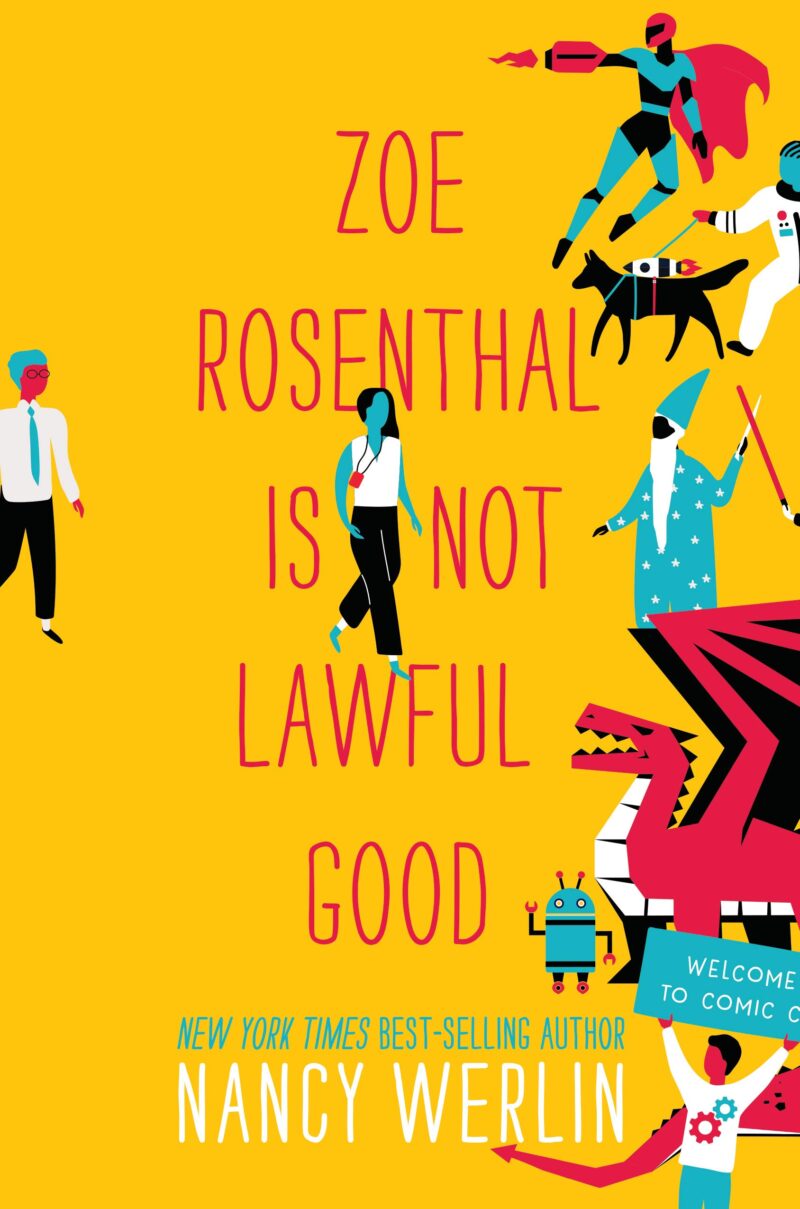[button color=”black” size=”big” link=”http://affiliates.abebooks.com/c/99844/77798/2029?u=http%3A%2F%2Fwww.abebooks.com%2Fservlet%2FSearchResults%3Fisbn%3D9780763641467″ target=”blank” ]Purchase here[/button]
The Crow
by Alison Croggon
The third of four Books of Pellinor continues a fantasy epic conceived on the scale of The Lord of the Rings. It depicts a fantasy world so broad and diverse, a history and culture so deep and detailed, characters so complex, magic so marvelous, and danger so dreadful that it would invite comparisons to Tolkien even without the sensitivity and lyricism of its style. Anyone with the patience to focus on a large-scale novel will be amply rewarded with wonder, beauty, excitement, and horror. After it has moved your emotions, after it has surprised and delighted you, after you have squirmed in the ruthless, constricting grip of its suspense, this book will leave you hopping with impatience to read the fourth installment, titled The Singing.
The first two books, The Naming and The Riddle, focus on a young bard named Maerad as she grows from a musically-talented slave girl to a wielder of mighty magic. Maerad, you may remember, is the one promised by ancient prophecy to stop the dark lord Sharma (a.k.a. the Nameless One) in his last and greatest bid to rule the world. So far, these books have followed her long and perilous quest to find the Treesong, whatever that is. It seems to be some type of lore belonging to the Elementals of Maerad’s world, immortal beings who are not concerned with human distinctions between good and evil. Somehow their song has been broken, fixed in written runes, and sent in two pieces to the far corners of Edil-Amarandh. Now Maerad has recovered one of them from the frozen wastes of the north. But what of the other part of the song?
In The Crow, the focus shifts to Maerad’s younger brother Hem. He doesn’t know it yet, but he has a part to play in the recovery of the Treesong. He also has a lot of growing up to do in not much time. After a bruising childhood in an orphanage, a terrifying ordeal at the hands of Hulls (evil sorcerers who serve the Nameless One), and a hard life among the gypsy-like Pilanel, Hem has only recently come into his bardic powers and been reunited with his sister. And now, in the charge of a heroic bard named Saliman, he has to leave Maerad and go to school in the southern city of Turbansk. He gets off to a rough start, quarreling with other students, chafing against authority, slow to learn the local language and the civilized ways of bards. But he has an open heart, which earns him an internship in the Houses of Healing and the friendship of a remarkable bird.
Irc is Hem’s feathered friend: an intelligent crow with pure white feathers. At first an object of ridicule, the two friends become an object of wonder to the citizens as enemy forces besiege Turbansk. Their compassion, cleverness, and daring exploits change the teasing collective nickname of “White Crow” into a term of endearment. And as their adventures take them into ever darker and more diseased places, you too will grow to admire them, fear for them, and love them.
This book is so good that I hope nobody decides to make a movie out of it. There is no way a two- or three-hour film could improve the richness of its imagery, or do justice to the power of its story. I am no speed-reader. In the last half of this book I suffered through hour after hour of agonizing suspense, the type that makes you feel short of breath. I felt crushed by a weight of sorrow. I was elated by sudden hope. It was a rip-your-guts-out kind of emotional experience that no film could sustain for so long, or if it did, nobody would survive watching it. But in book form, it formed a vital part of a narrative journey that I would gladly walk again. A journey both epic and personal, across the lines of a war both military and moral, in a world both magical and cruelly, fascinatingly flawed.
The scenery is stunning. The company is unforgettable. And though, by the end of this third book, the final destination is only dimly in view, you’ll be glad of that too. For then you can joyfully look forward to traveling with Hem and Maerad for another while.



